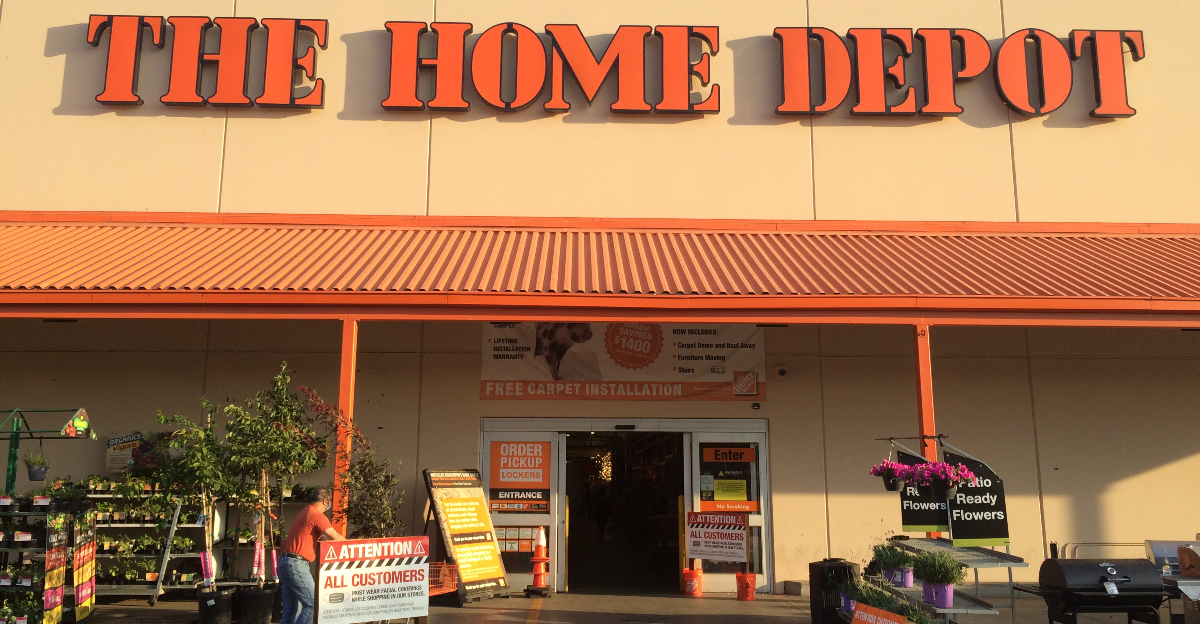
Discontent is sweeping across America’s retail giants, and this time Home Depot is in the crosshairs. A nationwide boycott is underway, following the company’s perceived rollback of Diversity, Equity, and Inclusion (DEI) practices—a trend echoing across the industry.
Social media is filled with outraged posts, as customers, activists, and employees voice their reactions and concerns. It’s not about corporate statements, but rather the values driving workplaces and communities.
Now, under mounting pressure and scrutiny, Home Depot is responding to the ongoing battle over DEI.
DEI: More Than Just Corporate Jargon

Diversity, Equity, and Inclusion (DEI) is a framework adopted by organizations to ensure fair treatment, representation, and participation of all people—especially those from historically marginalized or underrepresented groups.
This frame has shaped how companies hire, market, and serve. For many, DEI was a promise: workplaces that reflect all that America’s has to offer, policies that ensure fairness, and campaigns that reach every customer.
In retail, DEI was more than a buzzword; it was about who gets seen, heard, and hired.
DEI’s Wins: From Boardroom to Beauty Aisle

DEI initiatives didn’t just transform corporate hiring processes; they transformed the retail industry over 30 years. Business improved as there was more innovation, better-performing teams, and diverse customer bases.
In fashion and beauty, for example, DEI fueled fresh product lines for marginalized groups and campaigns that truly reflected diversity. Overall, brands with solid DEI initiatives had better reputations and customer loyalty.
The Cost of Rolling Back: What’s at Stake
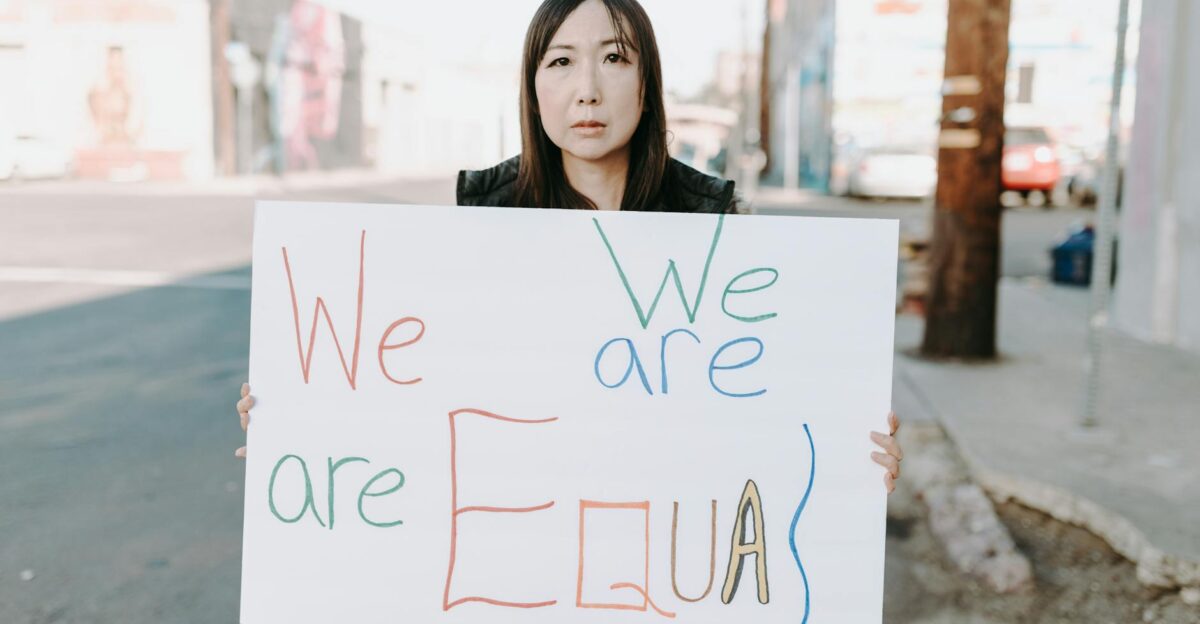
When DEI policies began to vanish, the effects spread. Employees may feel less valued and overlooked once more, customers take notice as marketing campaigns changed, and innovation begins to decrease.
In retail, especially, the loss of DEI risks alienating shoppers who crave representation. Overall, the sector may see a return to sameness—fewer bold ideas and less consumer trust, shrinking consumers’ sense of belonging.
Outrage or Awakening? The Nation Responds
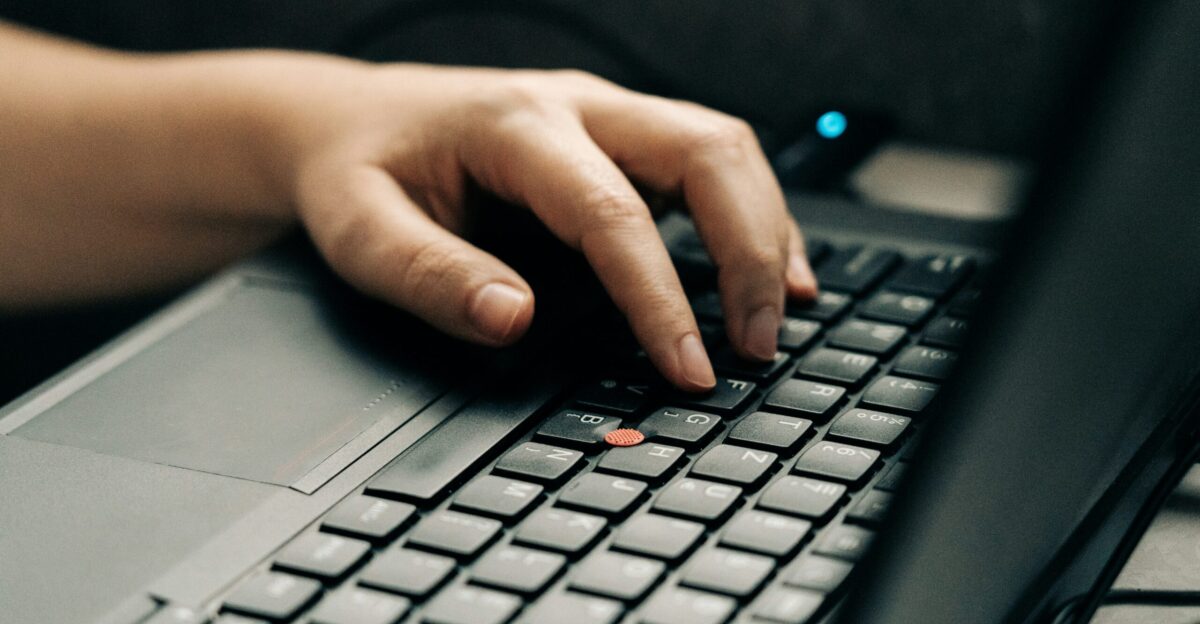
The reversal of DEI has triggered a national discussion, where social media platforms like Reddit and TikTok are ablaze with debate. For some, the change is seen as a betrayal; to others, it’s a course correction.
The real surprise lies in how quickly a policy shift can bring about calls for accountability and consumer backlash.
The People’s Union

The People’s Union USA is a non-partisan group of activists “focused on economic resistance, corporate accountability, and real justice for the working class,” as stated on their website. Their mission, as a movement of people, is to unite Americans against greed and corruption.
Founded by John Schwartz, the organization argues that DEI reversals are “backward, regressive, and dangerous.”
The Boycott: More Than a Hashtag
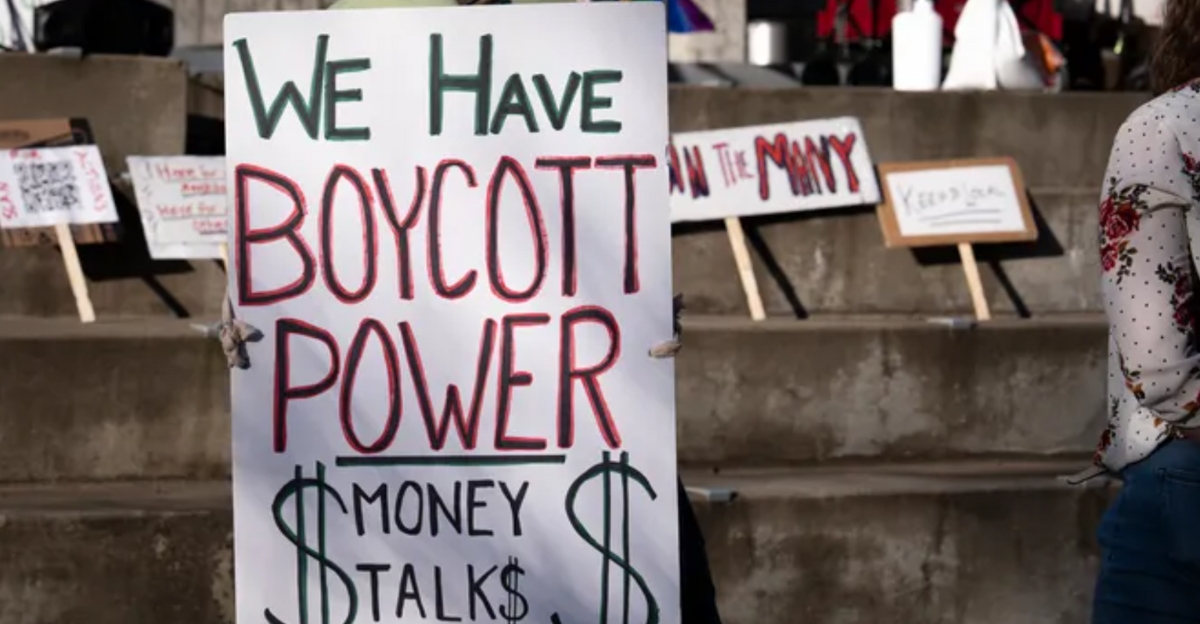
July’s 31-day protest is not simply boycott or popular hashtag—it’s a test of consumer influence. The People’s Union USA has encouraged shoppers to boycott Home Depot, Amazon, and Starbucks for the month of July, urging consumers to shop locally instead.
Through short videos on Instagram and TikTok, the organization is spreading the word. In one such video, founder John Schwartz provides a reason for the month-long boycott, explaining that Home Depot “quietly erased their diversity, equity, and inclusion page… that was a choice, and they made it loud and clear.”
Home Depot’s Core Values Take Center Stage
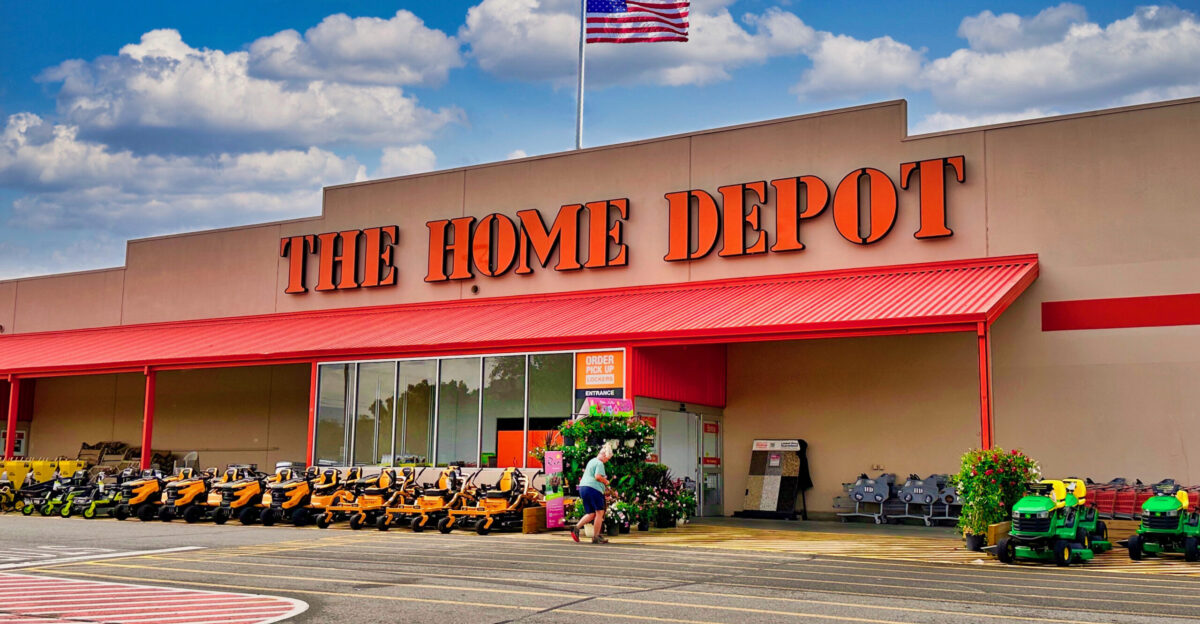
In response to the boycott announcement, a Home Depot spokesperson stated: “For more than 45 years, our business success has been fueled by our eight guiding principles, including respect for all people and caring for our people.”
The brand maintains that its culture “embraces everyone,” even as overt DEI wording is erased from its website and a new page titled: “WeAreTHD” is in its place.
Your Role: Does Boycotting Work?

As boycott buzz clogs news streams, shoppers ask: does it matter if I boycott a store? History shows boycotts can push sales and get brands to think twice. The People’s Union website states that boycotts are nonviolent, powerful tools that can’t be silenced and that they work because “When we pull our dollars, we pull their power.”
But the effect isn’t always immediate. In retail, where customer loyalty is built over time, even a small decline in foot traffic can send a message that resonates through boardrooms.
What Are Home Depot’s Eight Core Values?
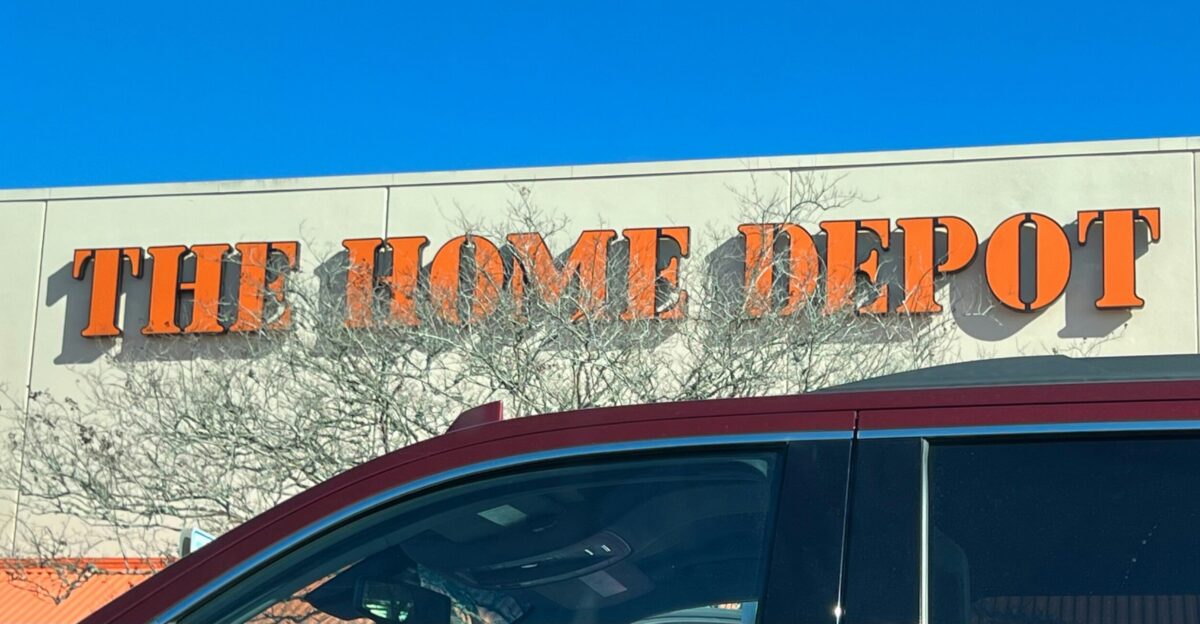
In responding to the boycotts, Home Depot mentioned their commitment to their “eight core values”. But this begs the question: What are those values?
According to the company’s website, their eight most important values are: “taking care of our people, respect for all people, doing the right thing, building strong relationships, giving back, excellent customer service, creating shareholder value, and entrepreneurial spirit.”
As pillars of culture for the company, these values are being promoted as proof of ongoing dedication even in the face of criticism of their lack of clear DEI language.
WeAreTHD: Redefining Inclusion?
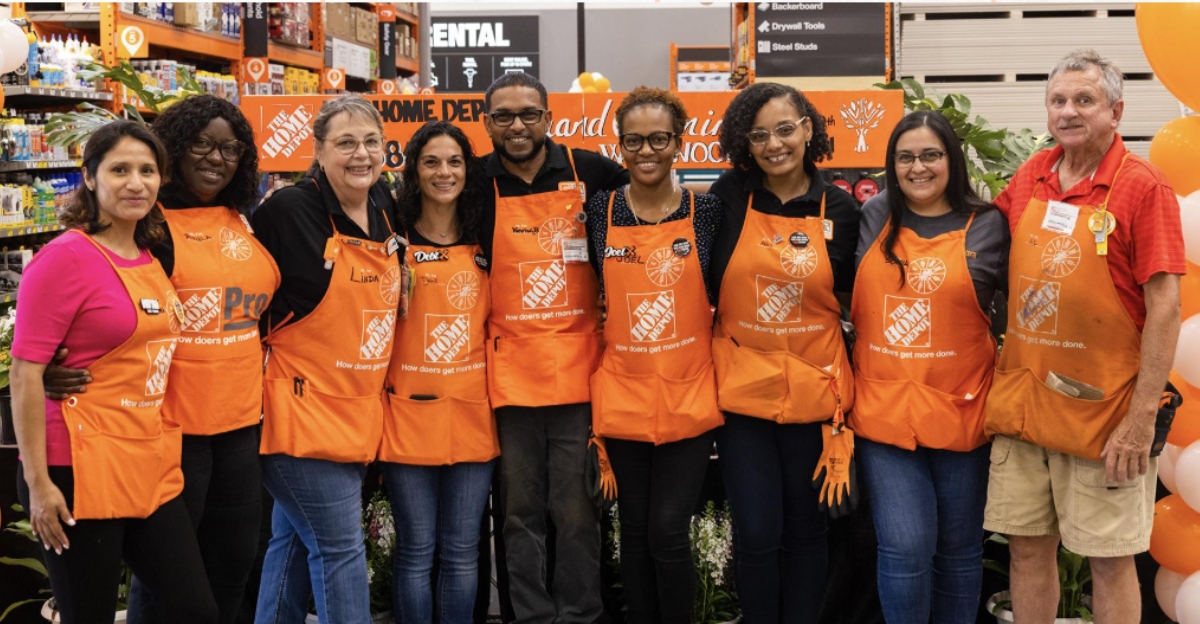
Home Depot’s new “WeAreTHD” initiative replaces the old DEI page. It suggests that the company aims to invest in “competitive wages and benefits” and maintains its welcoming culture, but doesn’t mention any “diversity,” “equity,” or “inclusion” actions.
The difference is slight, yet significant, reflecting a move toward broader, less politicized language, perhaps without sacrificing the intent to build a sense of belonging.
What Do Employees Really Think?
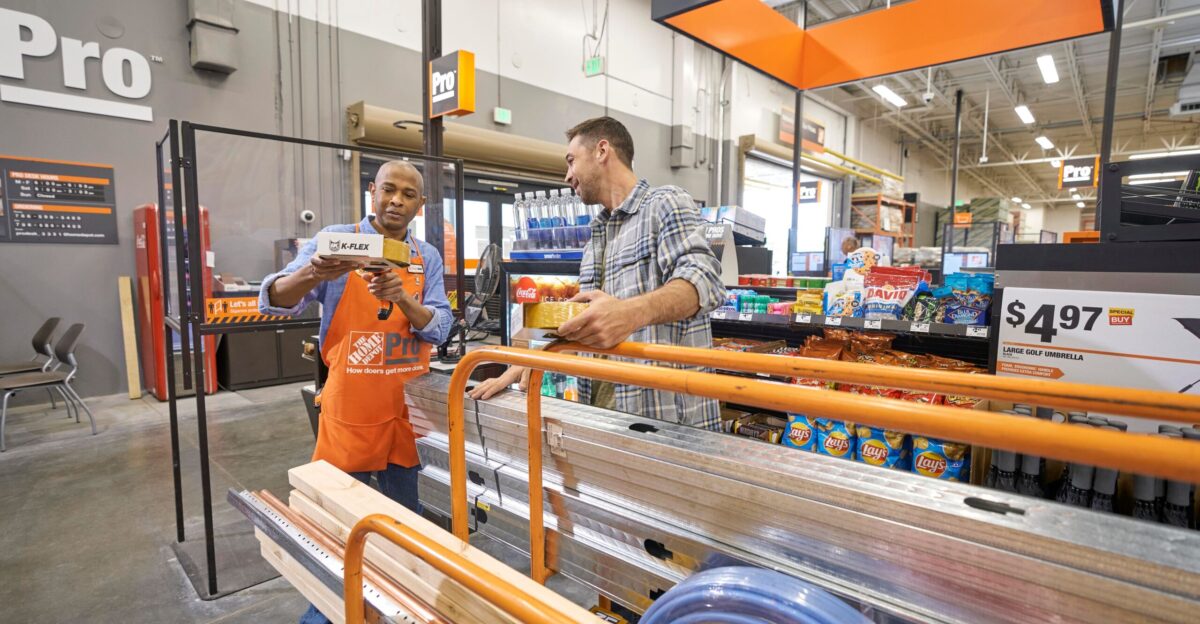
On a Reddit forum, employees comment on this recent change. Some feel betrayed, seeing abandoning DEI as a step backward. While others state that Home Depot remains inclusive, merely using different terminology. It’s a genuine conflict: employees need clarity, not buzzwords, on what the company they work for believes in practice.
Why Corporations Are Pulling Back from DEI
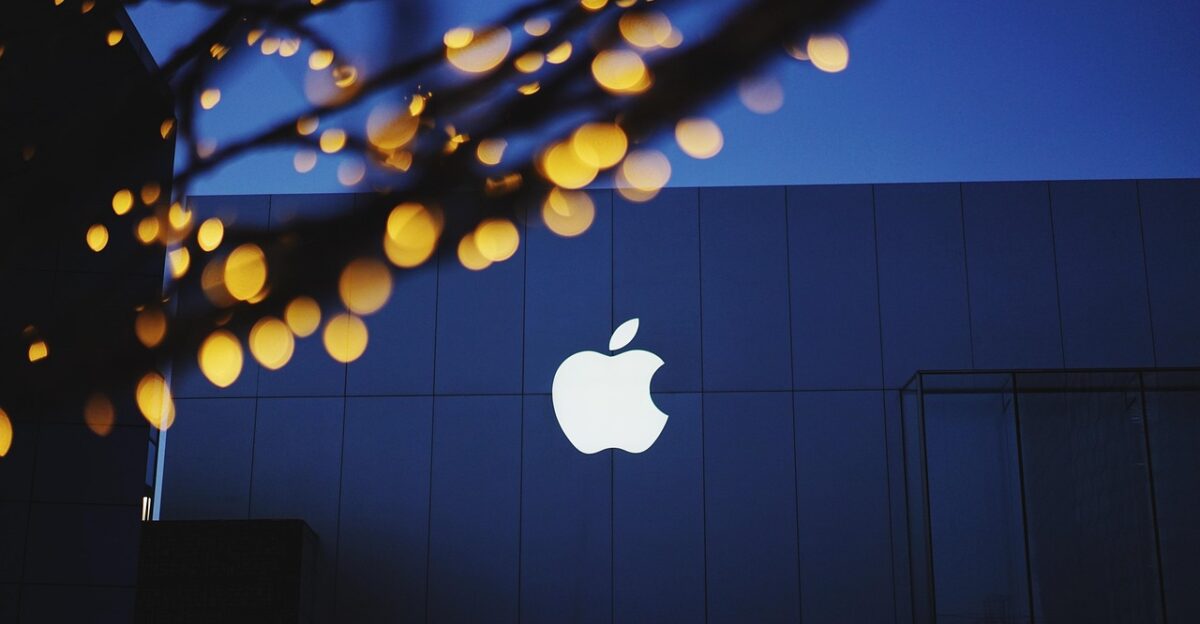
Home Depot isn’t alone in this controversy. Political pressure, especially from the Trump administration, has driven many companies to scale back DEI. Some argue that this is in response to increased legal risks, shift consumer sentiment and shareholder concerns.
However, some brands are standing firm on DEI. Apple and Costco, for example, find their reputation has improved, experiencing steady growth as a result.
Retail’s Reckoning: Who’s Next?
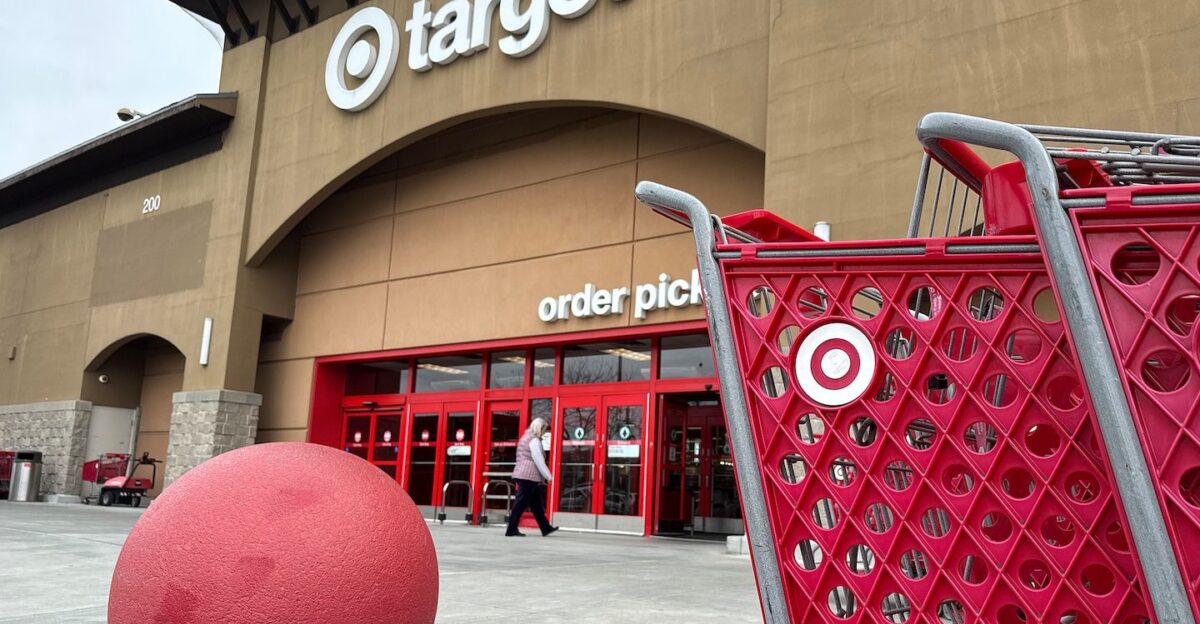
Brands like Meta, McDonalds, Target, Walmart, and Ford have all diminished or undone their previous DEI efforts. Now each organization faces backlash and boycotts, with mixed results. Some have a dip in sales, while others weather the storm. The retail industry is at a crossroads: double down on inclusion or risk losing the next generation of consumers.
What Happens Now? The Future Is Unwritten
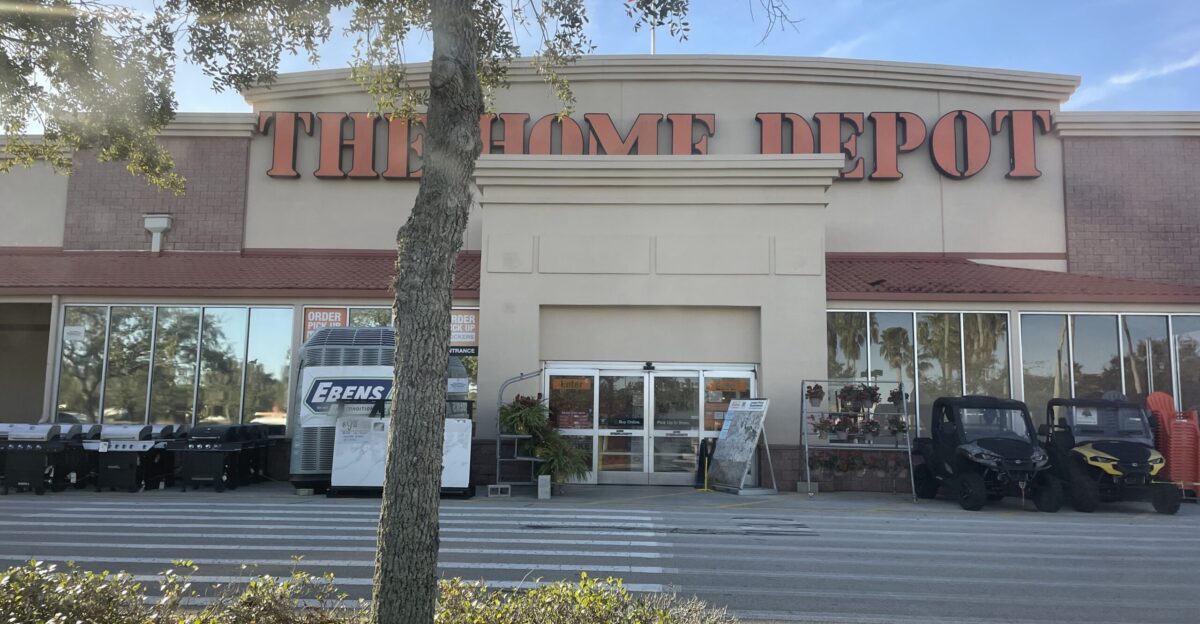
With the month-long boycotts, the retail landscape is shifting. Consumers are moving to hold them accountable for their DEI policies, or lack thereof, and brands are now faced with a dilemma that could negatively impact their profits.
Now the question remains: Will retail giants stand up for their employees and consumers or will they allow political agendas overrule their need for consumer trust and loyalty?